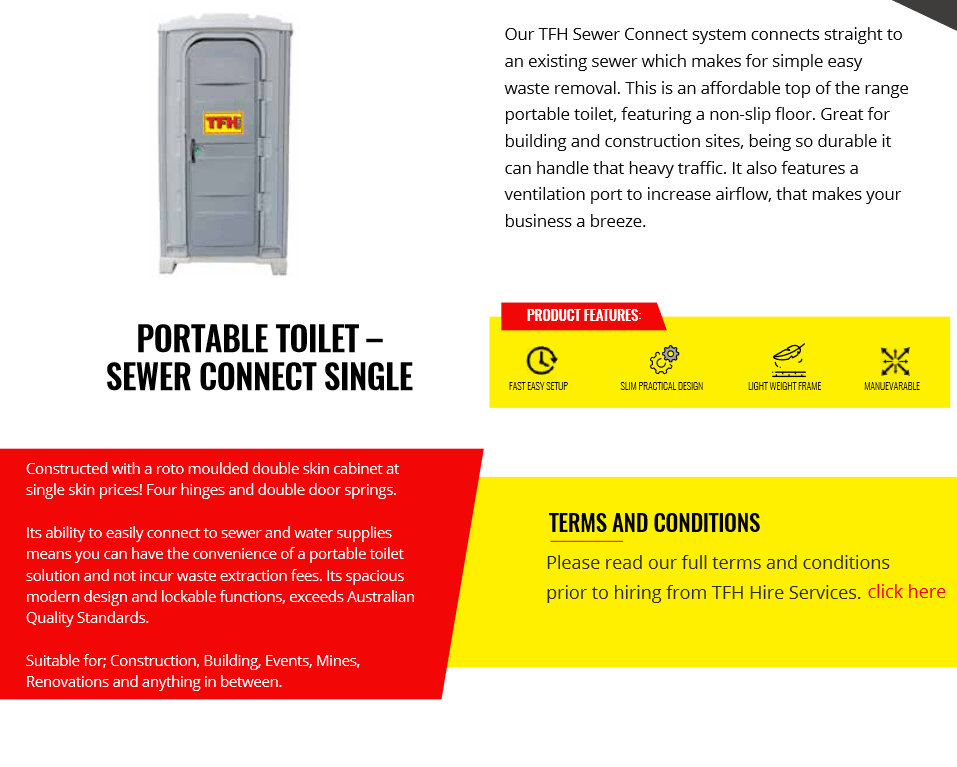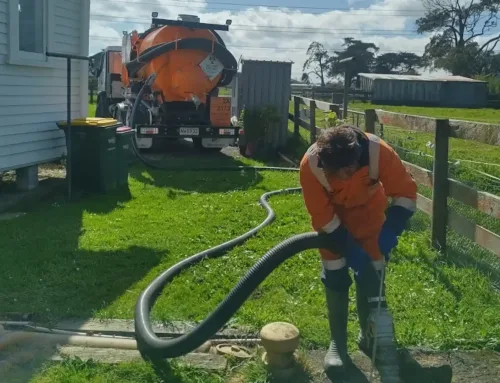All About Reclaim Waste
All About Reclaim Waste
Blog Article
The smart Trick of Reclaim Waste That Nobody is Talking About
Table of ContentsLittle Known Questions About Reclaim Waste.Reclaim Waste Fundamentals ExplainedLittle Known Questions About Reclaim Waste.The Definitive Guide for Reclaim WasteThings about Reclaim Waste
Explore the types, events, and kinds of liquid waste. Residential sewage waste refers to the waste and products from a property septic system. This kind of waste is produced by human beings in residences, schools, and other structures. This only consists of septic storage tanks that have a drain area. The proper monitoring and disposal of residential sewer waste need fluid waste to be transferred to a sewer treatment plant where the correct methods and equipment are related to purify and throw away waste.
Business waste frequently includes potential hazards, such as flammable products or a mixture of liquid and solid waste products, and calls for an extra innovative and comprehensive disposal process. The disposal of commercial waste normally involves the filtering of waste before transportation to ensure risk-free and appropriate disposal. Hazardous waste is developed from by-products and runoff of industrial processes and manufacturing.
This kind of waste can not use the same sewage administration transport or procedures as septic or industrial fluids. The industrial waste management process needs the examination and testing of liquid waste before it undertakes the disposal procedure (liquid waste removal melbourne). Drainage waste is the liquid waste that originates from overflow and excess stormwater in extremely inhabited locations or cities
Overflow waste can create contamination and flooding if not managed effectively. Discover more about drain cleaning and waste management. Making certain proper waste administration can stop disasters and decrease environmental injury. Both people in household setups and specialists in industrial or manufacturing sectors can gain from recognizing the procedures and laws of fluid waste administration.
Reclaim Waste Can Be Fun For Everyone
Contact PROS Solutions today to discover our waste administration and disposal services and the appropriate ways to care for the fluid waste you generate.
(https://www.awwwards.com/reclaimwaste1/)This supposed 'wastewater' is not just an important resource yet, after therapy, will certainly be launched to our land, rivers or the ocean. Used water from commodes, showers, baths, kitchen sinks, washings and industrial procedures is understood as wastewater.

water utilized to cool down machinery or tidy plant and tools). Stormwater, a form of wastewater, is overflow that moves from agricultural and city areas such as roofs, parks, gardens, roadways, courses and seamless gutters right into stormwater drains, after rain. Stormwater moves unattended straight to local creeks or rivers, ultimately reaching the ocean.
What Does Reclaim Waste Mean?
In Queensland, many wastewater is treated at sewage therapy plants. Wastewater is moved from domestic or commercial sites through a system of drains and pump terminals, understood as sewage reticulation, to a sewage therapy plant.
The Department of Natural Resources suggests regional federal governments regarding handling, operating and preserving sewage systems and therapy plants. In unsewered areas, local federal governments may call for householders to set up individual or family sewer treatment systems to deal with residential wastewater from toilets, cooking areas, washrooms and washings. The Division of Natural Resources authorises the usage of family systems when they are shown to be efficient.
Most stormwater receives no treatment. In some new class, therapy of some stormwater to remove clutter, sand and crushed rock has actually started utilizing gross toxin traps. Wastewater treatment happens in four phases: Eliminates strong issue. Bigger solids, such as plastics and various other items incorrectly released to sewers, are removed when wastewater is passed with screens.
Wastewater after that streams right into big containers where solids work out and are eliminated as sludge. Grease and residue are skimmed from the surface. Uses little living organisms called micro-organisms to break down and remove continuing to be dissolved wastes and great fragments. Micro-organisms and wastes are incorporated in the sludge. Removes nitrogen and phosphorus nutrients that can create algal blossoms in our rivers and endanger water life.
The Greatest Guide To Reclaim Waste
Nutrient elimination is not offered in all sewer therapy plants since it calls for costly specialist equipment. It is ending up being a lot more typical in Queensland. Clear liquid effluent created after therapy may still include disease-causing micro-organisms. If this effluent is released into rivers such as rivers or the sea, the micro-organisms will ultimately die out.

This usually indicates wastewater has to be dealt with or impurities removed prior to it can be released to waterways. Many wastewater flows into the sewage system. Under the Act, city governments provide approvals and permits for eco pertinent activities (ERAs) entailing wastewater releases that might have a go to this site neighborhood influence. The division administers approvals and licences to ERAs including wastewater launches that might have a regional or statewide impact.
The Single Strategy To Use For Reclaim Waste
Otherwise, samples are taken for research laboratory evaluation. Often lots of examinations are required to establish the degrees of each of the different pollutants such as oils, hefty steels and pesticides in water. Tracking offers accurate information concerning water top quality and can validate that licence conditions are being fulfilled. The details gotten through monitoring supplies the basis for making water high quality decisions.
Report this page